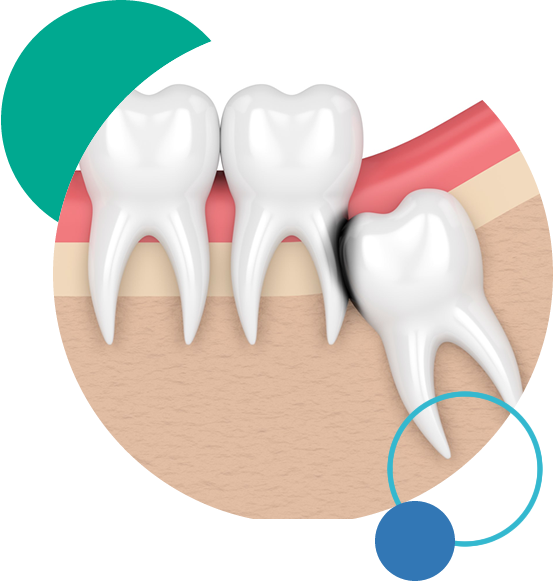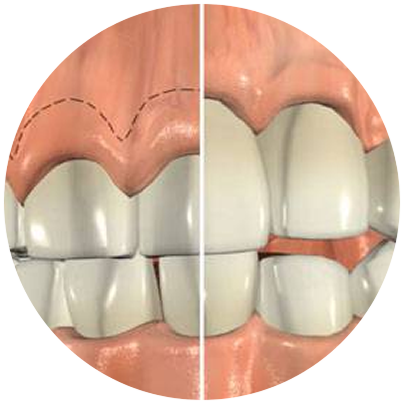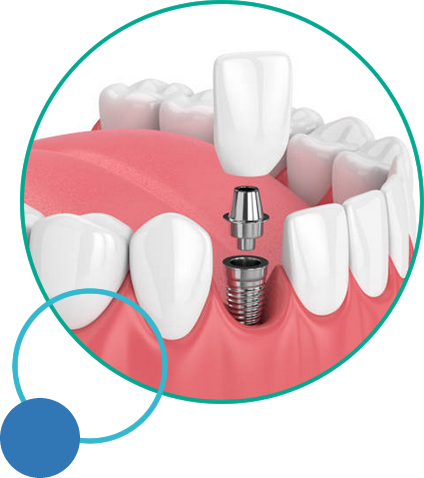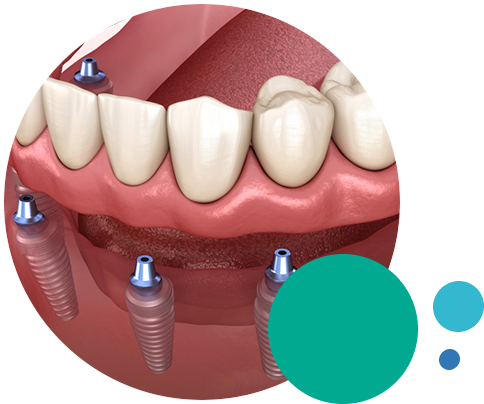ORAL SURGERY
WISDOM TEETH EXTRACTION
Wisdom teeth are the third and final set of molars that most people get in their late teens or early twenties. Sometimes these teeth can be a valuable asset to the mouth when healthy and properly aligned, but more often, they are misaligned and require removal.
Extraction of wisdom teeth is generally recommended when:


CROWN LENGTHENING
A crown lengthening procedure is designed to reshape the gums at the base of the tooth, and if necessary, adjust the bone level in order extend the height or size of the portion of the tooth that is visible above the gum-line so that your new restoration has enough tooth structure to hold it in place.
If part of a tooth is missing or if the decay is too deep, crown lengthening is used to recreate the required amount of exposed tooth so that restorative dental procedures will not weaken or fall off.
DENTAL IMPLANT
Dental implants are a great way to replace missing teeth and also provide a fixed solution to having removable partial or complete dentures. Implants provide excellent support and stability for these dental appliances.
Dental implants are artificial roots and teeth (usually titanium) that are surgically placed into the upper or lower jaw bone. The teeth attached to implants are very natural looking and often enhance or restore a patient’s smile!
Dental implants are very strong, stable, and durable and normally last many years.

Reasons for dental implants:
- Replace one or more missing teeth without affecting adjacent teeth
- Resolve joint pain or bite problems caused by teeth shifting into missing tooth space
- Restore a patient’s confident smile
- Restore chewing, speech, and digestion
- Support a denture, making them more secure and comfortable
IMPLANT SUPPORTED DENTURES
Most people wearing complete dentures realize that one of the major problems with dentures is that they become loose and ill fitting over time. This is more commonly seen in mandibular (lower) dentures. Dental implants are the ideal solution for someone in that situation.
It might be a good idea to have an implant-supported complete denture if your dentures have become loose and move around in the mouth and you constantly need relining or have to use denture adhesive to hold them in place.
Your dentist will be able to discuss with you if you would be a candidate for implant-supported complete dentures.
